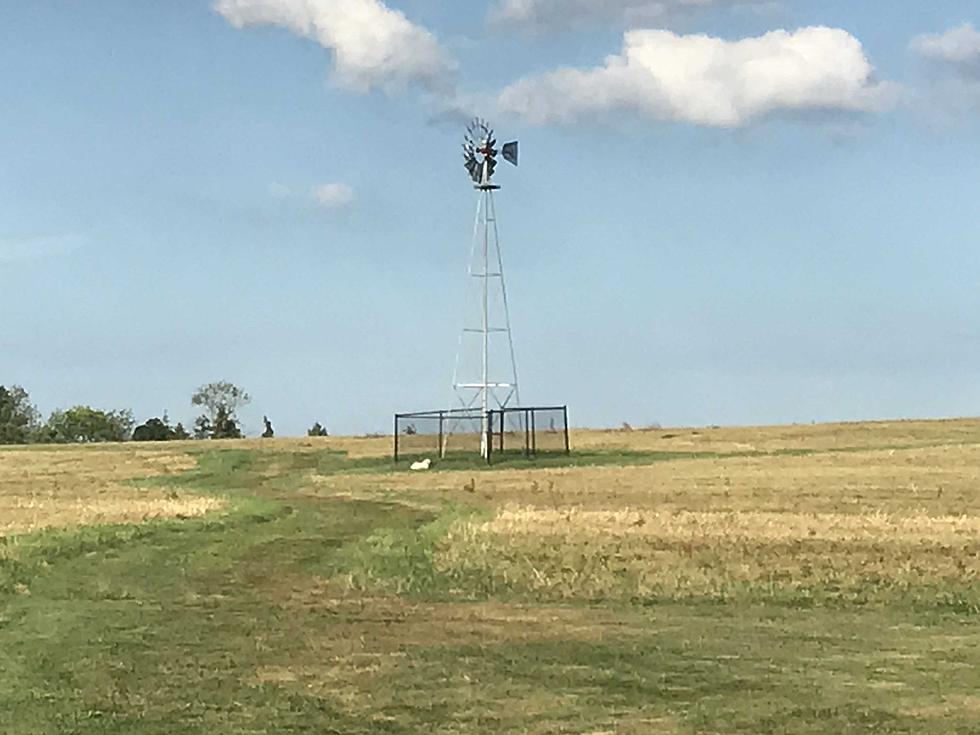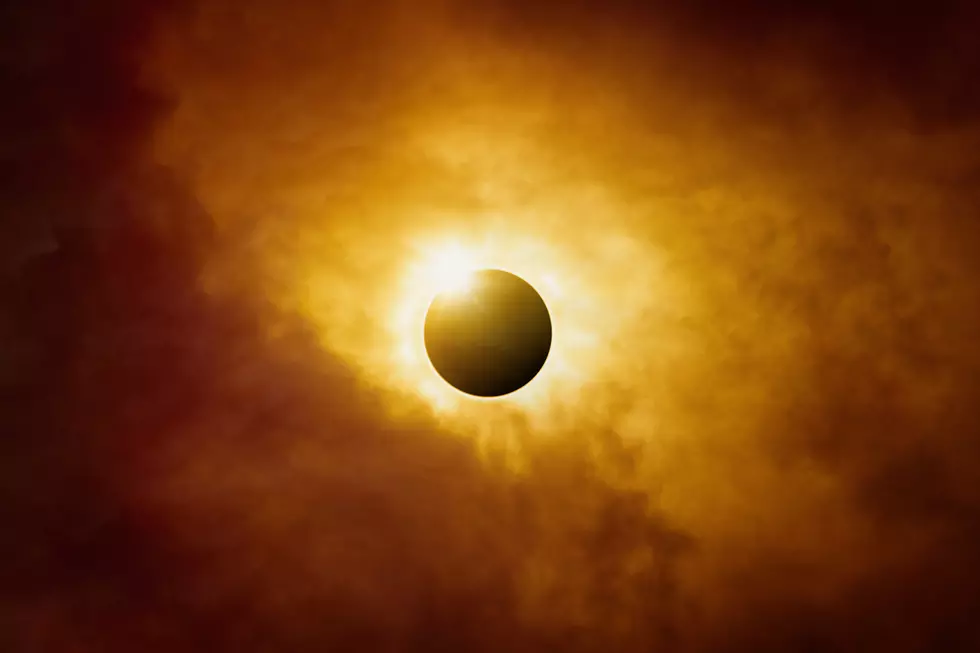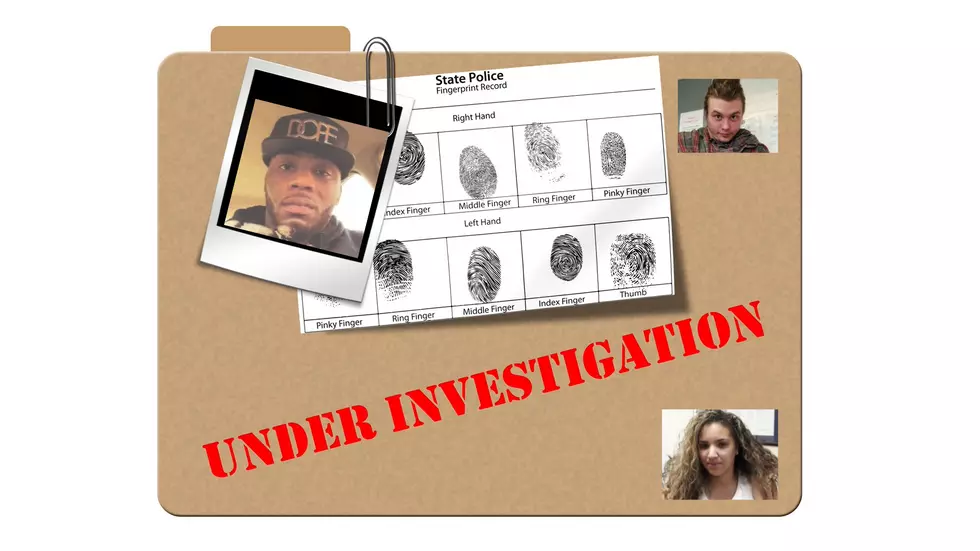
Here’s Why They Leveled The Field At Happy Landings In Brookfield
If you've traveled down Route 25 in Brookfield recently, you may have noticed that the field at Happy Landings has been completely leveled. So just what's going on?
It's a place for a peaceful, early evening stroll or to take your dog out for a little exercise -- it's Happy Landings in Brookfield. Recently, the town was busy leveling the field and cutting down all the vegetation, and this has caused quite an uproar from local residence.
So why did this happen and what's going on at Happy Landings? To get the answers, we talked with Brookfield First Selectman Steve Dunn:
So what's going on at Happy Landings?
Steve Dunn: When the town bought the property over 20 years ago, it was purchased as a hay field and the decision was made to keep it open space. Since then, the town has contracted with farmers to come in and hay the field twice a year. This year, one of the farmers did not show up for the first haying, so the town went in and did the haying.
What about the birds and butterflies who call the area home?
Steve Dunn: We're very careful that we're not cutting down when the birds are nesting and the milk weed is there for the monarch butterflies, who by this time of year, are pretty much finished with the most recent generation of butterflies. If we don't have the field mowed twice a year, invasive species will grow. And if we let it get too high they then seed, and the hay becomes unusable.
Was this haying done earlier then usual this year?
Steve Dunn: No, this is actually later this year. We also do haying at Burr Farm and Gursky Farm here in Brookfield, and those have already been done about a month ago. If we don't cut it back at least twice a year, it will become scrub land and then it would slowly become a forest, which was not the intent when we purchased the property.
What can you say to those who feel you're harming the species of insects and birds who call the area home?
Steve Dunn: We want to be as sensitive and as careful as we can. We left a large swath by the road in front of Happy Landings, we asked the state not to mow along the road, and according to my Land Use Director, we left a large swath of milkweed in the front of the property for the Monarch Butterflies because they are an important species to us. We're trying to balance the need to keep it as an open space versus protecting the animals and butterflies that use the field to nest. Virtually all the birds who nest do it in the early spring through June, then they are finished.
What about those who have taken to social media unhappy at what's been done?
Steve Dunn: We're just trying to be even-handed. You're never going to please everyone 100%, so we're just trying to achieve a balance, and we've been very careful and have talked to state biologists on how to manage these fields. We've been getting tons of calls about this, and the problem is, no one's trying to do anything wrong. Unfortunately, when one person posts something on Facebook that only has some of the information, it kind of misleads everyone else. This is something we do every year, but this year, it seems to have really hit a nerve in the community.
What would happen if you didn't cut the fields back when you do?
Steve Dunn: I was actually talking to a few farmers in Bridgewater over the weekend. They said if you don't mow at least twice a year, you will get invasives, and that could take two to three years to get rid of them. Once they go to seed, it really becomes a problem. It's a bit of science, but we are just trying to address the ecological considerations.
Hopefully, this conversation with the Brookfield First Selectman answers many of the questions and concerns that have been on the minds of local residents in Brookfield and surrounding towns. Yes, the fields will grow back, and yes, they will be hayed twice again next year. And you can be sure the town of Brookfield will be doing everything it can to keep a transparency of what they're doing, and why they're doing it.
More From The Wolf









